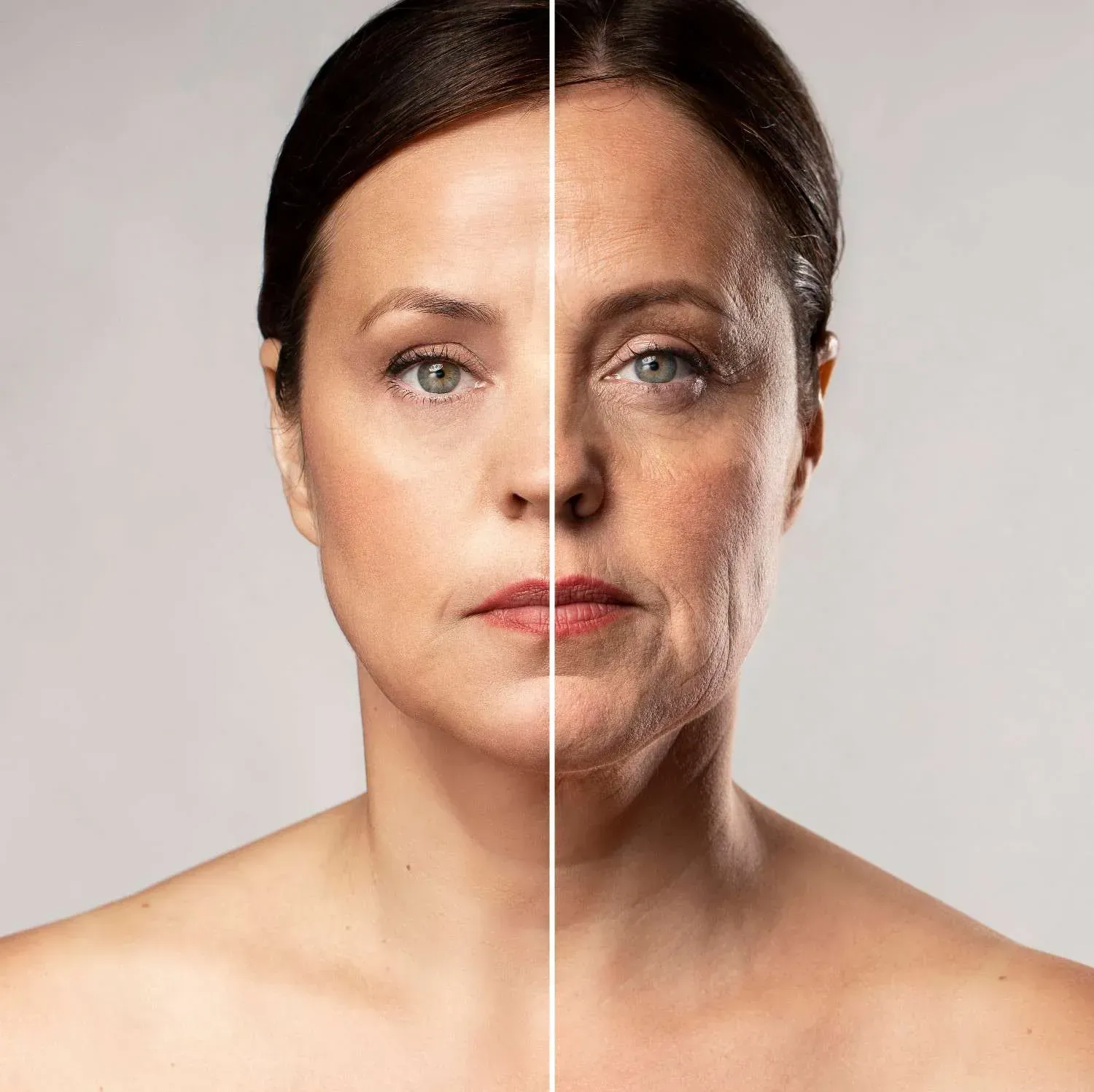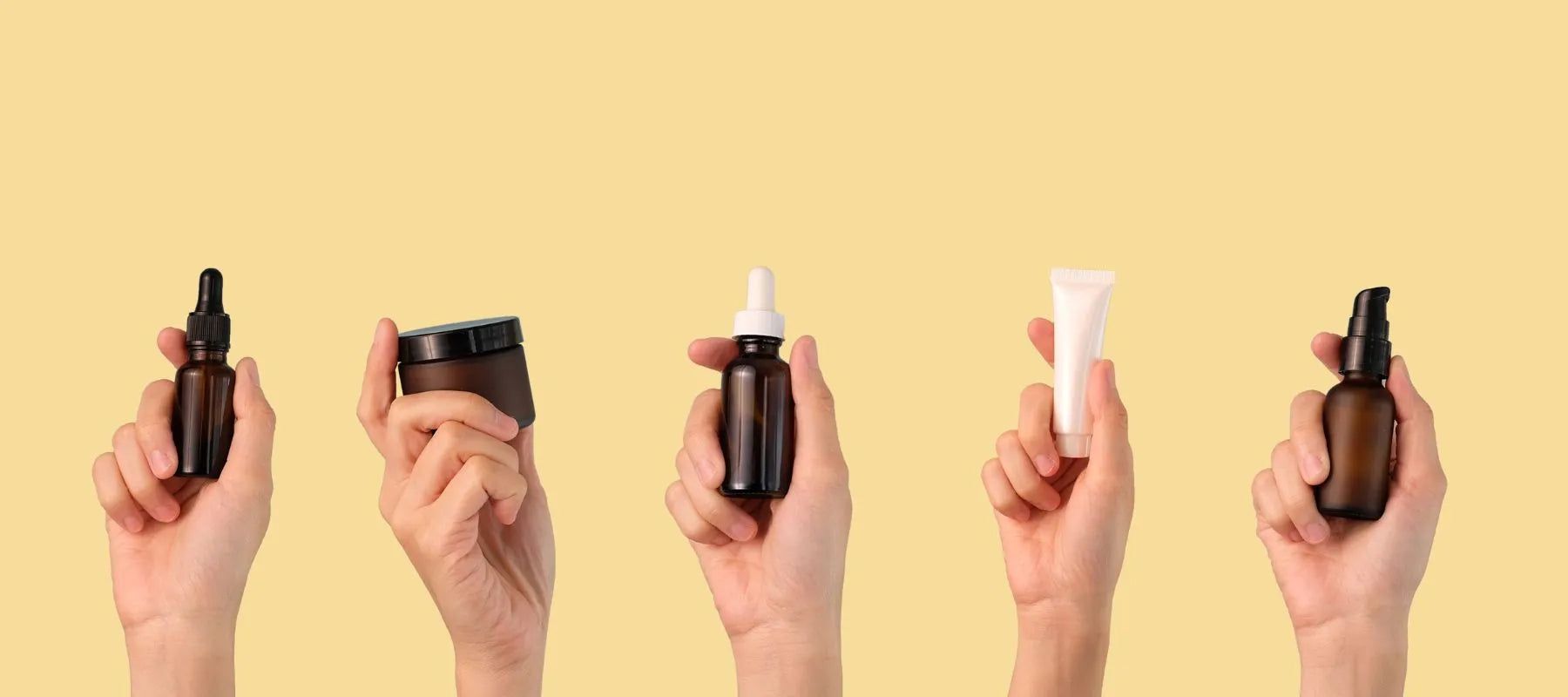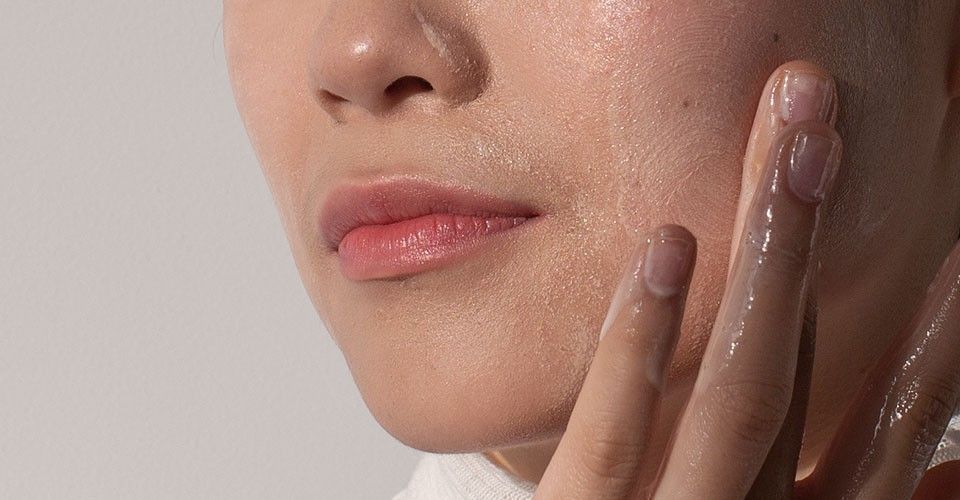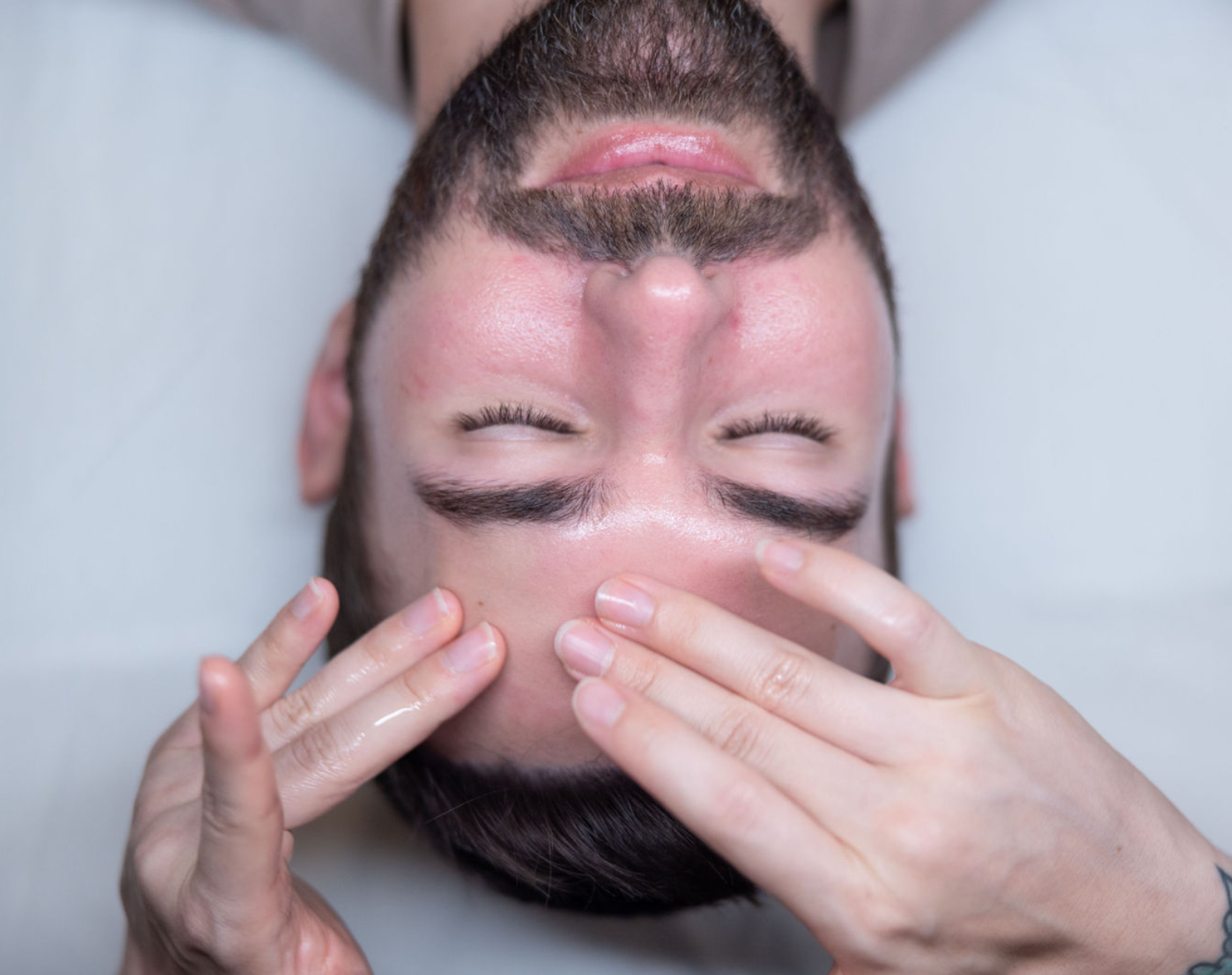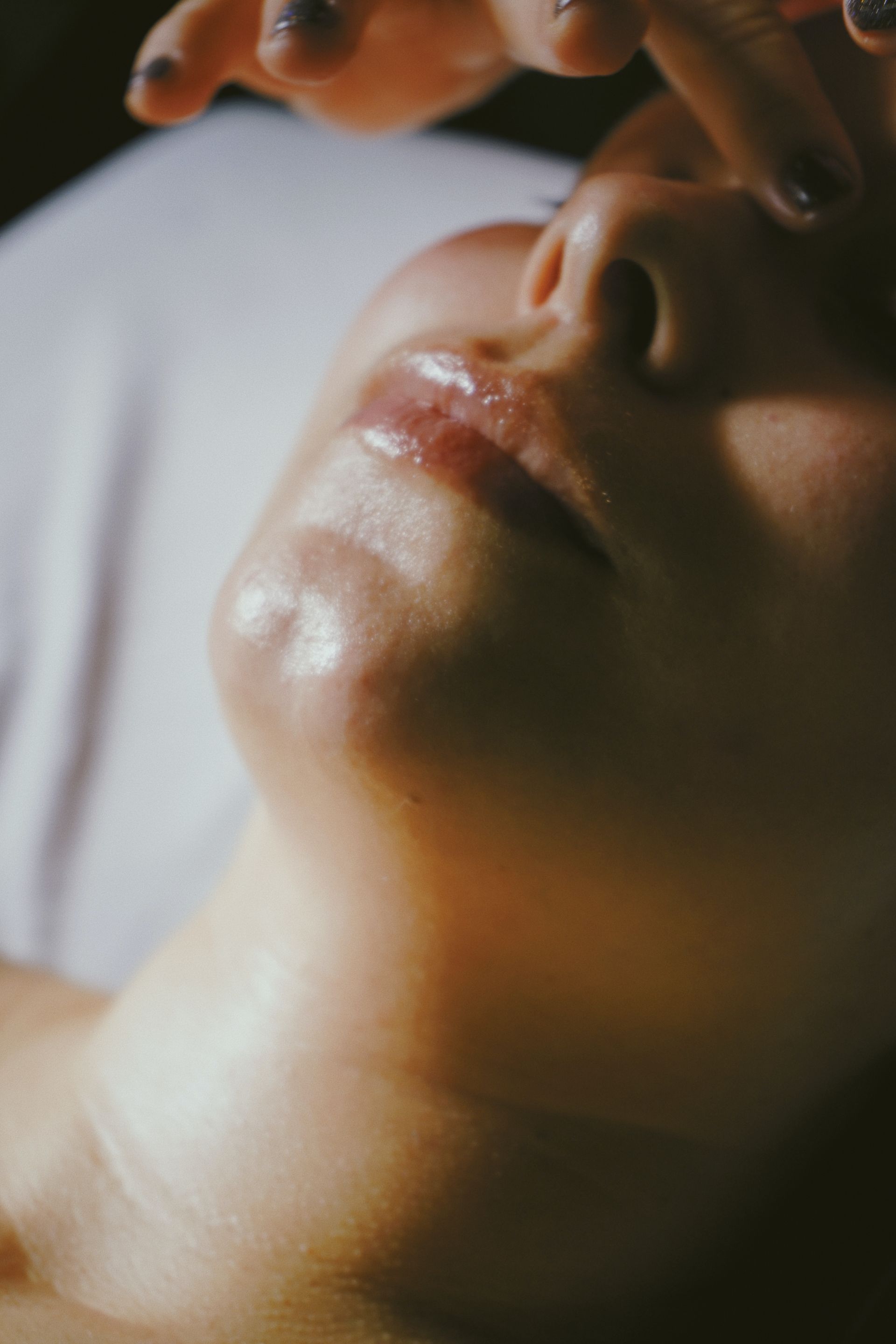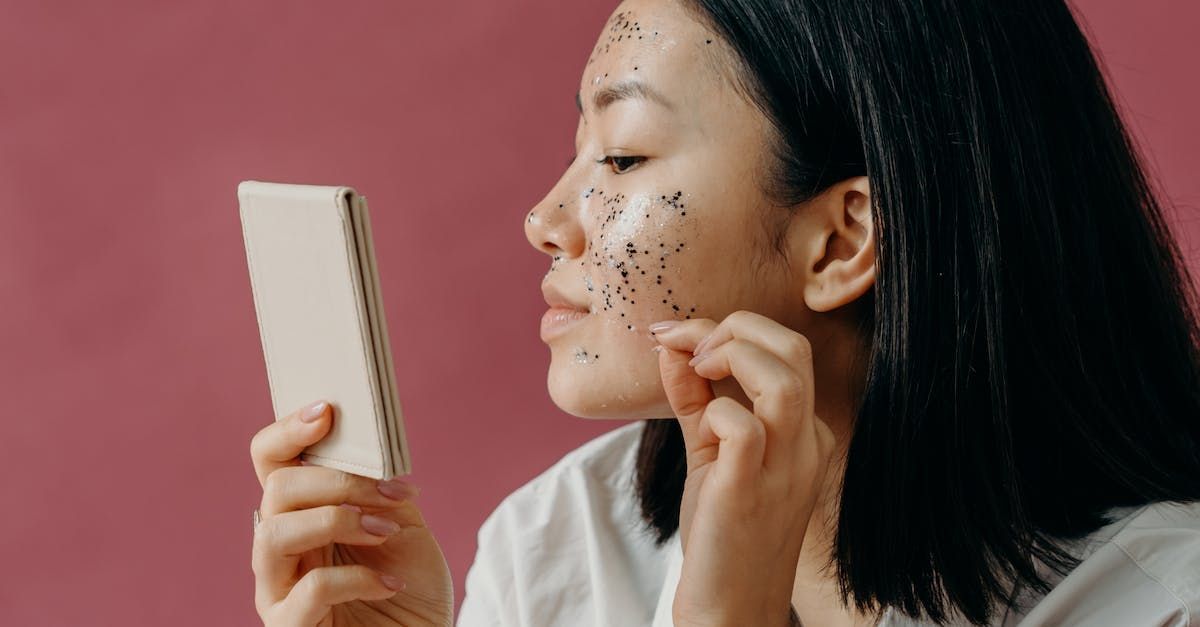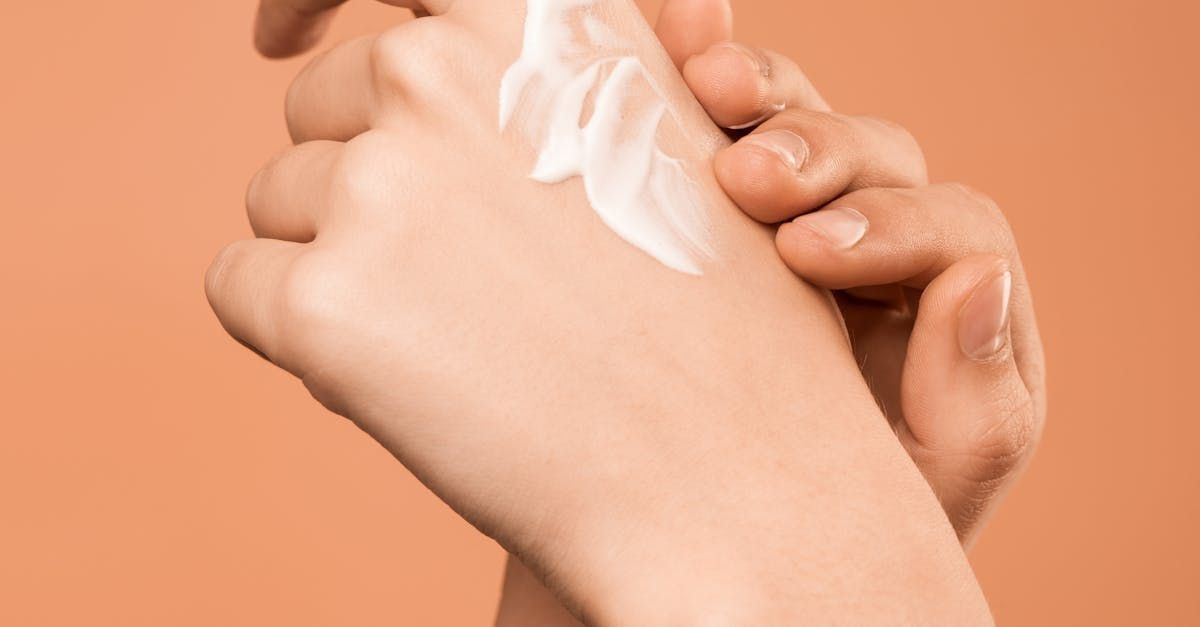Diet & Lifestyle Impact on Skin Health - Simple Guide
Your skin tells the story of what happens inside your body. What you eat and how you live can make your skin glow or cause problems like acne and early aging. A healthy diet gives your skin the nutrients it needs to stay strong, while poor eating habits can lead to breakouts, dryness, and wrinkles.
This guide will show you exactly how food and lifestyle choices affect your skin. You'll learn which foods help your skin look its best and which ones to avoid. We'll also cover simple lifestyle changes that can transform your skin health from the inside out.
How Your Diet Directly Affects Your Skin
Your skin is your body's largest organ, and it needs good nutrition to function properly. Studies show that nutritional levels and eating habits have a certain degree of impact on skin health and aging. When you don't get the right nutrients, your skin can't repair itself or protect against damage.
The Science Behind Food and Skin Connection
Your skin gets nutrients through your blood. When you eat healthy foods, these nutrients travel to your skin cells and help them work better. But when you eat junk food or skip important nutrients, your skin suffers.
Diet and nutrition play essential roles in the optimum functioning of the human body, including the skin. Your skin needs specific vitamins, minerals, and healthy fats to stay healthy and look good.
Key Nutrients Your Skin Needs
Antioxidants protect your skin from damage. They fight harmful molecules called free radicals that can cause wrinkles and dark spots. You can find antioxidants in colorful fruits and vegetables.
Protein helps build and repair skin cells. Your skin is made mostly of protein, so you need to eat enough to keep it strong. Good sources include fish, chicken, beans, and nuts.
Healthy fats keep your skin soft and moisturized. Omega-3 fatty acids contribute to skin hydration and help manage inflammatory skin conditions. These fats come from foods like fish, walnuts, and flaxseeds.
Vitamins play many roles in skin health. Vitamin C helps make collagen, which keeps skin firm. Vitamin E protects against sun damage. B vitamins help with skin repair.
Foods That Help Your Skin Glow
The right foods can make your skin look younger, clearer, and more radiant. Here are the best foods for healthy skin.
Water-Rich Foods for Hydration
Your skin needs water to stay plump and smooth. Studies show that drinking more than 2 L of water per day significantly helps skin health. But you don't just get water from drinks - many foods contain lots of water too.
Cucumbers, watermelon, oranges, and leafy greens are packed with water. These foods help keep your skin hydrated from the inside out. They also provide vitamins and minerals your skin needs.
Antioxidant-Rich Foods
Blueberries are packed with antioxidants like vitamin C, which helps repair and protect skin cells. Other great sources of antioxidants include:
- Dark leafy greens like spinach and kale
- Colorful berries
- Green tea
- Dark chocolate (in small amounts)
- Tomatoes
Healthy Protein Sources
Your skin constantly repairs itself, and it needs protein to do this job. Good protein sources for skin health include:
- Fish (especially salmon and sardines)
- Chicken and turkey
- Eggs
- Beans and lentils
- Nuts and seeds
Fish is especially good because it contains omega-3 fats that reduce inflammation in your skin.
Foods High in Healthy Fats
Omega-3 fatty acids found in fatty fish, flaxseeds and walnuts, contribute to skin hydration and help manage inflammatory skin conditions. Include these healthy fats in your diet:
- Avocados
- Nuts (especially walnuts and almonds)
- Seeds (chia, flax, sunflower)
- Olive oil
- Fatty fish
Foods That Can Harm Your Skin
Some foods can trigger skin problems or make existing issues worse. Understanding these foods can help you make better choices for your skin.
The Dairy and Acne Connection
Research shows a strong link between dairy products and acne. A meta-analysis of 78,529 people found that dairy intake increased acne risk by 25%. This connection is strongest with low-fat and skim milk.
Whey and casein, the proteins in milk, stimulate growth and hormones in calves — and in us when we drink their milk. These proteins can trigger breakouts by increasing oil production in your skin.
If you have acne, try cutting back on:
- Milk (especially skim and low-fat)
- Ice cream
- Cheese
- Yogurt
High-Sugar Foods and Skin Aging
Sugar is one of the worst foods for your skin. Excessive sugar intake can lead to the formation of advanced glycation end products (AGEs), contributing to skin aging. AGEs damage collagen, the protein that keeps your skin firm and smooth.
High-sugar foods also cause inflammation, which can lead to acne and other skin problems. Diets high in sugar, dairy, and refined carbohydrates cause spikes in insulin, leading to increased oil production and clogged pores.
Limit these high-sugar foods:
- Candy and sweets
- Soda and sugary drinks
- White bread and pastries
- Processed snacks
Processed and Fried Foods
Processed foods often contain unhealthy fats, excess salt, and chemicals that can harm your skin. These foods can increase inflammation and oil production, leading to breakouts.
Fried foods are especially bad because they contain damaged fats that can cause inflammation throughout your body, including your skin.
The Gut-Skin Connection
Your gut health directly affects your skin. Recent research shows that there is a strong connection between the microbiotic community that lives in our guts and our skin health. When your gut is healthy, your skin is more likely to be healthy too.
How Gut Bacteria Affect Your Skin
The bacteria in your gut help digest food and make important nutrients. They also affect inflammation throughout your body. When you have the right balance of gut bacteria, your skin is less likely to have problems.
Bad bacteria in your gut can cause inflammation that shows up on your skin as acne, redness, or irritation.
Foods for a Healthy Gut
To improve your gut health and skin, eat more:
- Fiber-rich foods (fruits, vegetables, whole grains)
- Fermented foods (yogurt with live cultures, kefir, sauerkraut)
- Prebiotic foods (garlic, onions, bananas)
These foods feed the good bacteria in your gut and help create the right environment for healthy skin.
Lifestyle Factors That Affect Your Skin
Diet is important, but other lifestyle factors also play a big role in skin health. Your sleep, stress levels, and daily habits all impact how your skin looks and feels.
Sleep and Skin Repair
During sleep, the body undergoes repair and regeneration processes including skin cell turnover and collagen production. When you don't get enough sleep, your skin can't repair damage properly.
Poor sleep can also increase stress hormones, which can trigger acne and other skin problems. Aim for 7-9 hours of good sleep each night to help your skin stay healthy.
Stress Management for Clear Skin
Increased cortisol levels can lead to oil production, which contributes to acne and other inflammatory skin conditions. When you're stressed, your body makes more cortisol, a hormone that can worsen skin problems.
Ways to manage stress for better skin:
- Practice deep breathing
- Try meditation or yoga
- Exercise regularly
- Get outside in nature
- Talk to friends or family
Exercise and Skin Health
Regular exercise helps your skin in many ways. It increases blood flow, which brings nutrients to your skin cells. It also helps reduce stress and improve sleep quality.
Exercise makes you sweat, which can help clear out pores. Just make sure to shower after working out to remove sweat and bacteria from your skin.
Sun Protection and Aging
Sun damage is one of the biggest causes of skin aging. UV rays break down collagen and cause dark spots, wrinkles, and other signs of aging.
Protect your skin by:
- Using sunscreen every day
- Wearing protective clothing
- Staying in shade during peak hours
- Eating foods rich in antioxidants for extra protection
Creating Your Skin-Healthy Diet Plan
Making changes to support your skin health doesn't have to be hard. Start with small changes and build healthy habits over time.
Simple Daily Changes
Start your day with water. Drink a glass of water when you wake up to help hydrate your skin from the inside.
Add color to your meals. Include colorful fruits and vegetables at every meal. The more colors, the more antioxidants you'll get.
Choose healthy fats. Add nuts, seeds, or avocado to your meals for skin-nourishing fats.
Pick lean proteins. Include fish, chicken, beans, or eggs to give your skin the protein it needs to repair itself.
Weekly Meal Planning Tips
Plan your meals around skin-healthy foods. Make a shopping list with plenty of:
- Fresh fruits and vegetables
- Lean proteins
- Whole grains
- Healthy fats
- Water and herbal teas
Try to prepare meals at home more often. This way, you control what goes into your food and can avoid processed ingredients that might harm your skin.
Hydration Goals
Drink water throughout the day to promote hydration from within. Aim for at least 8 glasses of water daily. You can also get hydration from:
- Herbal teas
- Water-rich fruits and vegetables
- Soups and broths
Special Considerations for Different Skin Types
Different skin types may respond differently to dietary changes. Understanding your skin type can help you make the best choices.
Acne-Prone Skin
If you have acne, pay special attention to:
- Reducing dairy consumption
- Limiting high-sugar foods
- Eating more anti-inflammatory foods
- Including zinc-rich foods like pumpkin seeds
Dry or Aging Skin
For dry or aging skin, focus on:
- Increasing healthy fats
- Getting enough protein for collagen production
- Eating antioxidant-rich foods
- Staying well hydrated
Consider professional treatments like facials or chemical peels to complement your healthy diet.
Sensitive Skin
If you have sensitive skin:
- Keep a food diary to identify triggers
- Try an elimination diet to find problem foods
- Focus on anti-inflammatory foods
- Consider gentle treatments like facial massage
When Diet Changes Aren't Enough
Sometimes, even with a perfect diet, you might need extra help for your skin. Professional treatments can work alongside good nutrition to give you the best results.
Professional Skin Treatments
Clinical skin services can address specific skin concerns that diet alone might not fix. Options include:
- Deep cleansing facials for acne-prone skin
- BioRePeel treatments for aging skin
- Acne facial services for stubborn breakouts
Working with Professionals
A licensed esthetician can help you create a complete skin care plan that includes both dietary recommendations and professional treatments. They can assess your skin's needs and suggest the best approach for your specific concerns.
Common Myths About Diet and Skin
There are many myths about food and skin health. Let's clear up some common misunderstandings.
Myth: Chocolate Causes Acne
While high-sugar foods can trigger acne, chocolate itself isn't the problem. Dark chocolate with less sugar might actually help your skin because it contains antioxidants.
Myth: Greasy Foods Cause Oily Skin
Eating greasy foods doesn't directly make your skin oily. However, processed and fried foods can increase inflammation, which might worsen skin problems.
Myth: You Need Expensive Supplements
Scientific research on the benefits of most modern diets is lacking. You don't need expensive supplements if you eat a balanced diet with plenty of fruits, vegetables, and whole foods.
Building Long-Term Healthy Habits
Creating lasting change takes time. Start with small steps and be patient with yourself as you build new habits.
Start Small
Pick one or two changes to focus on first. Maybe start by drinking more water or adding a serving of vegetables to each meal. Once these become habits, add more changes.
Track Your Progress
Keep a simple food and skin journal. Notice how your skin looks and feels as you make changes to your diet. This can help you identify which foods help or hurt your skin.
Be Consistent
Emphasizing overall eating habits over specific meals or nutrients appears beneficial for managing various skin conditions. Focus on creating consistent, healthy eating patterns rather than perfect individual meals.
Get Support
Consider working with a nutritionist or dermatologist if you need help creating a plan for your specific skin concerns.
Final Thoughts
Your skin reflects what happens inside your body. By eating nutritious foods, staying hydrated, managing stress, and getting good sleep, you can help your skin look and feel its best.
The most important thing is to make changes that you can stick with long-term. Small, consistent improvements in your diet and lifestyle will add up to big benefits for your skin over time.
Remember that everyone's skin is different. What works for one person might not work for another. Pay attention to how your skin responds to different foods and lifestyle changes, and adjust your approach as needed.
For personalized skin care advice and professional treatments that complement your healthy lifestyle, consider booking a consultation with a licensed esthetician who can help you create the perfect plan for your skin's needs.
Your journey to healthier skin starts with the next meal you eat and the choices you make today. Small changes can lead to big improvements in how your skin looks and feels.
